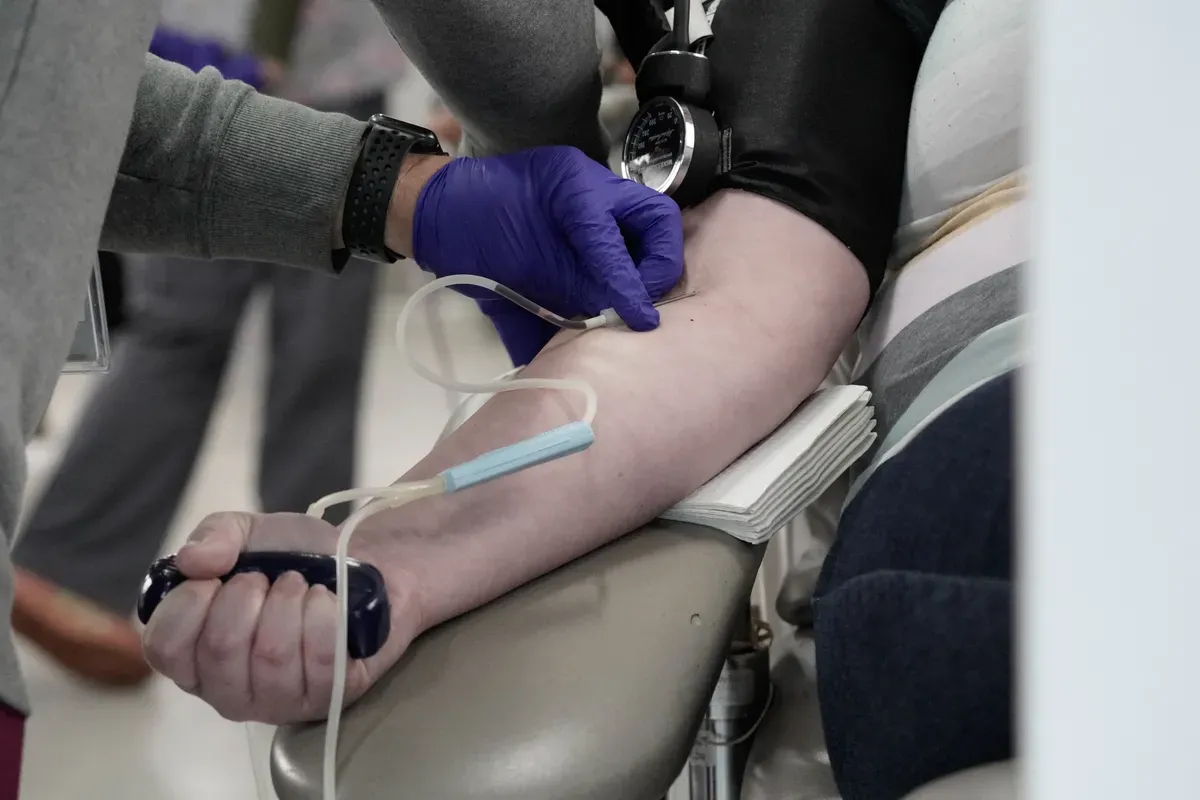
Obesity is a complex disease that needs a detailed and all-around approach to effective care. It’s not just about one thing; it’s about a whole plan that uses proven methods.
The rise in obesity worldwide shows we need new and tailored obesity care plans. Studies say a good obesity treatment plan should include diet advice, exercise, changing habits, and doctor care.
By focusing on five key areas”nutrition, exercise, changing habits, doctor care, and tackling the root causes”we can make treatment for obesity work well and last. This way, we not only change lives but also make healthcare better for everyone.
Key Takeaways
- Comprehensive obesity care involves a multifaceted approach.
- Nutrition counselling is a key part of managing obesity.
- Exercise and changing habits are also important.
- Doctor care is vital for effective obesity treatment.
- Tackling the root causes is essential for lasting results.
The Global Impact and Comprehensive Approach to Obesity Treatment

The world is facing a big problem with obesity. It’s important to understand its effects and how to treat it. Obesity rates are going up fast, which is bad for health everywhere.
The Alarming Rise in Global Obesity Rates
Obesity rates have almost tripled from 1975 to the present. In 2022, 1 in 8 people had obesity, affecting over 2.5 billion adults. This shows we need better ways to manage and treat obesity.
The Need for a Multi-Faceted Treatment Strategy
We must use many ways to fight obesity. This means following obesity guidelines that cover diet, exercise, and behaviour changes. Good obesity therapy looks at all the reasons for obesity.
By understanding obesity’s global impact and using a wide treatment plan, we can lower obesity rates. This will help make the world a healthier place.
Pillar 1: Nutrition – The Foundation of Weight Management

Nutrition is key in managing obesity. It’s the base for effective weight management strategies. Nutrition counselling and medical nutrition therapy are vital in a complete care plan.
Evidence-Based Dietary Approaches
Many diets have been tested and found to help with obesity. These include low-carb, Mediterranean, and very-low-calorie diets. The goal is to find a diet that fits the person’s lifestyle and health.
“A well-planned dietary approach not only aids in weight loss but also improves overall health outcomes.”
Personalized Meal Planning Strategies
Personalized meal plans are essential for weight management. Registered dietitian nutritionists (RDNs) create eating plans that consider health conditions and cultural preferences. This approach can lead to a 5-10% weight loss, lowering disease risks.
Sustainable Eating Habits for Long-Term Success
Keeping up sustainable eating habits is key to lasting weight management success. A balanced diet with fruits, veggies, whole grains, and lean proteins is important. Limiting processed foods and sugars also helps. These changes can improve health and reduce obesity risks.
Pillar 2: Physical Activity – Moving Beyond Weight Loss
Regular physical activity is key to managing obesity. It offers many benefits beyond just losing weight. Exercise is essential for improving health and well-being, which is very important for those dealing with obesity.
Recommended Exercise Guidelines for Obesity Management
We suggest at least 150 minutes of moderate-intensity aerobic activity each week. This advice comes from health organizations and research. Studies show that regular exercise reduces belly fat and lowers heart disease risks. A study on the National Center for Biotechnology Information website stresses the role of physical activity in managing obesity.
Types of Exercise for Maximum Benefit
A good exercise plan should mix aerobic activities like walking, cycling, or swimming. It should also include resistance training to build muscle and strengthen bones. We suggest finding activities you enjoy to keep you motivated in the long run. Mixing up your exercises helps avoid boredom and injury.
Overcoming Physical and Psychological Barriers to Activity
People managing obesity often face physical and mental barriers to exercise. We recommend starting small and gradually increasing the intensity and duration. Getting support from healthcare professionals or a fitness group can also help.
By adding physical activity to their lives, people can greatly improve their health and quality of life. We encourage a holistic approach to exercise, focusing on progress, not perfection.
Pillar 3: The Integrated Approach to Obesity Treatment
Obesity is a complex issue that needs a detailed treatment plan. This plan must tackle physical, psychological, and environmental factors. A single approach won’t work. Instead, mixing different treatments is key to losing weight and keeping it off.
Behavioural Modification Strategies
Changing behaviour is vital in treating obesity. It helps people adopt healthier habits and ways to cope. Cognitive-behavioural therapy (CBT) is very effective. It helps patients change their negative thoughts and actions that lead to weight gain.
Studies show CBT can help people keep weight off for 20%-30% longer. Intensive behavioural therapy (IBT) also helps. It gives patients the support and guidance they need to reach their weight loss goals.
Medical Management Interventions
Medical treatments are important for those with severe obesity or who haven’t lost weight with lifestyle changes. Anti-obesity drugs can help, leading to a 15% weight loss on average. Obesity surgery, like bariatric surgery, is also very effective. It leads to significant weight loss and health improvements.
“The incorporation of medical management interventions, such as anti-obesity medications and obesity surgery, into a complete treatment plan can greatly improve weight loss and health.”
Addressing Underlying Drivers
It’s important to tackle the root causes of obesity for lasting success. This means managing conditions like hormonal imbalances or metabolic disorders. A good treatment plan also looks at the psychological and social factors that affect how people eat and exercise. By dealing with these factors, healthcare providers can help patients lose weight in a way that lasts and improves their health.
In summary, treating obesity requires a mix of strategies. By using behavioural changes, medical treatments, and addressing the underlying causes, healthcare providers can offer a complete care plan. This plan meets the complex needs of people with obesity.
Conclusion: Embracing Comprehensive Care for Sustainable Results
Effective obesity treatment needs a detailed plan that tackles all factors causing it. We think a team effort, covering all five obesity treatment areas, is key to lasting success.
LivHospital shows what this care looks like. It offers a full plan that includes diet, exercise, and changing habits. This way, people can lose weight and feel better overall.
Every person’s obesity treatment is different. It’s not just about losing weight; it’s about finding the right approach for each person. Knowing how to treat obesity is important for doctors and patients alike.
With a complete care model, we help people reach and keep a healthy weight. This improves their quality of life greatly.
FAQ’s:
What are the 4 or 5 pillars of obesity treatment?
Effective obesity treatment covers several key areas. These include nutrition, physical activity, and changing behaviours. It also includes medical management and sometimes surgery.
Why is a complete weight loss plan essential for obesity management?
A complete weight loss plan is key because it tackles obesity’s complex nature. It includes diet, exercise, and behaviour changes. This approach leads to lasting weight loss and better health.
What is the role of nutrition in obesity treatment guidelines?
Nutrition is vital in obesity treatment. It focuses on healthy eating plans and meal choices. This helps in developing lasting eating habits and weight management.
How does physical activity contribute to obesity management?
Physical activity is essential for managing obesity. It helps in losing and keeping off weight. It also boosts health and lowers the risk of obesity-related problems.
What are the benefits of cognitive-behavioural therapy in obesity treatment?
Cognitive-behavioural therapy is helpful in obesity treatment. It helps people change negative thoughts and behaviours. This supports long-term weight control.
How do anti-obesity medications fit into a complete treatment plan?
Anti-obesity medications can be part of a complete treatment plan. They help in weight loss and improving health when used with lifestyle changes.
What is the significance of addressing underlying drivers in obesity therapy?
Addressing underlying drivers is important. It helps manage factors like hormonal imbalances that may cause obesity. This supports more effective treatment.
How can institutions like LivHospital support complete obesity care?
Institutions like LivHospital offer top-notch healthcare. They have a team of experts who create personalized treatment plans. They support patients throughout their journey.
What does a complete care plan for obesity treatment typically involve?
A complete care plan for obesity treatment is multifaceted. It includes nutrition counselling, physical activity advice, and behaviour changes. It also involves medical management, tailored to the individual’s needs.
Why is it important to follow obesity treatment guidelines?
Following obesity treatment guidelines is important. These guidelines are based on the latest research and expertise. They ensure patients get high-quality, effective care tailored to their needs.
References
- World Health Organization. (2022). Obesity and overweight. Retrieved from https://www.who.int/news-room/fact-sheets/detail/obesity-and-overweight










